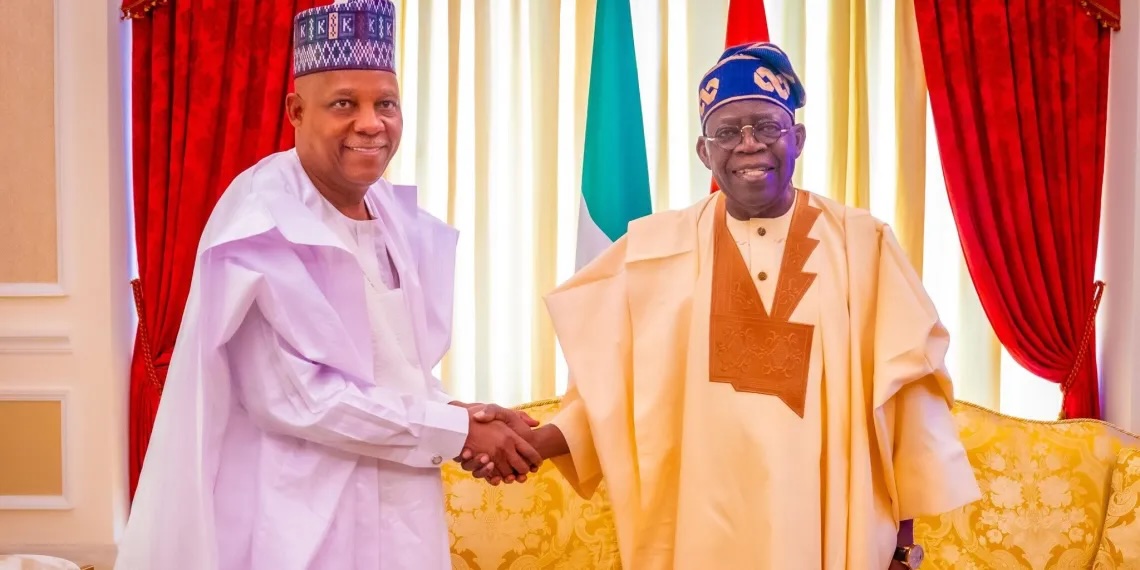
Not until 1943, the British had no confidence in the administrative capabilities of educated Africans; not even those who graduated from some of their best universities, like Oxford and Cambridge universities. They never allowed any Nigerian to rise to the executive cadre in the civil service and they were not also involved in the decision-making process of government.
A good example was late Dr. Nnamdi Azikiwe, one of Nigeria’s foremost nationalists, who later became Nigeria’s governor-general and president. He had a brilliant educational career in both the United Kingdom and America. In 1934, whilst in the United Kingdom, he sought to be included in the British team to the Empire Games, but he was denied the privilege, simply because of the pigment of his skin.
On a similar ground, another foremost nationalist, Sir Francis Akanu Ibiam (later, governor of the defunct Eastern Region, from 1960-1966), in his vehement protest against rising issues of colour discrimination in Nigeria, angrily returned his knighthood medal to the British Crown; and dropped his baptism name, Francis.
Thereon, he chose to be simply addressed as “Akanu Ibiam.”As at 1933, African soldiers, enlisted into the West African Frontier Force (WAFF), were randomly flogged by their British masters. Interestingly, during the Nigerian/Biafra War, a renowned boxer, Richard Ihetu (“Dick Tiger”), decided to hang his boxing gloves to enlist in the Biafran Army, to fight the Nigerian government.
In order to register a strong protest, against Great Britain’s support for Nigeria during the war, he returned his medal as a Member of the British Empire (MBE) to the British government.
Another bold resistance was led by one of Nigeria’s first-generation freedom fighters, Mojola-Oluwa (“Mojola”) Agbebi, who discarded his English name (David Brown Vincent) on 24th August 1894. Thereon, he stopped wearing English attires. Even when he visited Europe, he wore only African dresses or his priest’s robes, until he died in 1917.
As a clergyman, along with Rev. Moses Ladejo Stone, they both quit the First Baptist Church, to form an indigenous church, the Native Baptist Church in 1888, at the peak of incessant racial discrimination, perpetrated against black clergymen in various churches, across southern Nigeria, where the seed of Christianity was first planted.
His courage and nationalistic posture inspired Samuel Ajayi Crowther to translate the Bible into Yoruba language. He later founded Ebenezer Baptist Church, Lagos. To fully demonstrate his vehement resentment, he banned the use of English hymns for the promotion of indigenous hymns in the church.
As part of their humiliation strategies, the colonialists made it mandatory that any address (verbal or written), to be directed to them must be prefixed with “sir”, irrespective of the age or status of the whiteman, being addressed.
A researcher once interpreted the word “sir” to mean – “slave I remain.” Moreover, the arrogance and brutishness of the colonialists compelled Rev. Israel Oludotun Ransome Kuti (Fela Anikulapo’s father), to out rightly ban the recitation of British (colonial) anthem in Abeokuta Grammar School, when he was the principal (1932-1950). As a matter of grave concern and determination, he composed an indigenous anthem, titled – “Abeokuta Ilu Egba (Abeokuta – The Egba’s great city)”, as a replacement for the British-imposed anthem – “God Save The Queen.”
To further resist colonialism, another great nationalist, Mazi Ojike Mbonu, aggressively canvassed for “cultural nationalism.” Thus, he always urged the people to “boycott the boycottables”, as far as European life-styles are concerned. He consistently advocated wearing of traditional dress to offices and serving of palm-wine, instead of whiskey, champagne or beer, at both private and official events. He ate and encouraged eating of solid meals (eba, amala, fufu,) with bare hand, instead of the colonized usage to fork and knife.
He replaced his suit with ‘agbada’ and encouraged civil servants to also go to their offices in native attires. His idea was that the attachment of Nigerians to British culture was another form of enslavement; thus, asserting that Nigeria’s customs and traditions were as good as those of other nations.
Another courageous Nigerian, who went through the thorns of racial discrimination was David Oguntoye, who took the risk to travel to the United Kingdom by hiding inside the ship, just for him to volunteer to serve in the Royal Air Force, during the World War II. But he missed the opportunity, as he was still in the military school, when the war ended.
In the course of his career, he got into a committed relationship with a white lady, Dulcie King, who was also serving in the Royal Air Force. Whereas, inter-racial marriages were not permitted in Britain then, most especially in their military.
All tactical and administrative attempts to separate them, even to the extent of attacking David, failed. Eventually, they both decided to resign their appointments, as senior flight officers.
They later got married on 16th November, 1946, despite stiff opposition from the lady’s parents. On this ground, she denounced her British citizenship and both of them returned to Nigeria, after undertaking a course in law in the United Kingdom. Interestingly, Dulcie Adunola Oguntoye eventually became a magistrate, High Court judge and the first woman to sit on the bench in Lagos State Judiciary. She also emerged as Nigeria’s second female judge, after Modupe Omo-Eboh.
Against the intent and spirit of the Universal Declaration of Human Rights, it is very pathetic that many innocent Nigerians, who were compelled to “checkout” of the country on the ground of survival, are today, being grossly abused and inhumanly treated by their host countries, simply because they are blacks (Nigerians).
It is equally very disturbing that some foreign multinationals, operating in Nigeria still continue to dehumanize and trample upon the fundamental human rights of Nigerians in their work-force; and they are left unchecked. Without doubt, the spirit of patriotism is killed in the citizenry; when the government is not proactive enough to defend her citizens against external exploitations and molestations.
Concluded
Comrade Abdullahi is a concerned patriot, activist and author. 08055048925/[email protected]






